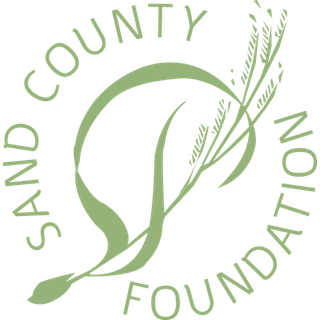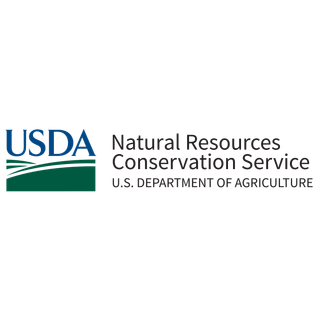“We bank our wealth in the soil and the nutrients stored there,” Valerie Dantoin says of her family’s approach to farming.
Their 240-acre Shawano County farm is covered with a green, protective blanket year-round thanks to the managed grazing system that she and husband Rick Adamski have established.
Soil tests routinely show their pastures’ organic matter is two percent higher than neighboring tilled corn and soybean fields. It is estimated that every one percent increase in organic matter helps hold 20,000 gallons more water per acre, which helps withstand deluges and droughts.
In addition to improving soil’s organic matter levels and ability to infiltrate water, permanently covered pastures also help sequester carbon. Rick and Valerie have followed the guidelines for biodiversity, soil, and water conservation to maintain their farm’s organic certification since the 1990s.
“If we could not farm in an environmentally friendly way, we wouldn’t farm at all,” Valerie said.
That sentiment means making sure their cattle herd size matches the carrying capacity of their land. Since retiring from milking dairy cows in 2014, they rotationally graze a herd of 100 beef cattle. For 25 years they have composted all their cattle’s winter manure.
At Rick and Valerie’s aptly named Full Circle Farm, their son Andrew and his partner Heather Toman are helping usher in its next life stage, a return to a diversified farm. They manage about 60 pigs and a flock of laying hens on pasture, raise 10 acres of vegetables, and have established a Community Supported Agriculture (CSA) business.
Full Circle Farm feeds about 1,000 people weekly through its 150 CSA shares and sales at farmers markets. Andrew experiments with bio-char and vertical tillage on vegetable crops as part of his master’s degree study on soil health.
Rick and Valerie have founded two farm cooperatives focused on fair prices for sustainably produced food and ensuring that other conservation-minded farms have access to mid-sized markets.
Full Circle Farm regularly hosts field days, including events targeted to female landowners who want to learn about establishing pollinator habitat and riparian buffers. Valerie co-founded the Wisconsin Dairy Grazing Apprenticeship program and is a conservation coach for Wisconsin Women in Conservation. She previously led GrassWorks, a statewide organization that promotes grazing’s conservation benefits. Rick served as president of Wisconsin Farmers Union and has been a consultant for the Great Lakes Restoration Initiative.
The Adamski family has planted several hundred shrubs, and oak and cedar trees. Riparian buffers along a waterway were expanded to 30 feet. Fence lines and hedgerows border Full Circle Farm’s 25 fields. These areas and a farm pond provide habitat and migration corridors for badger, fox, pheasants, green heron, Sandhill cranes, and Hungarian partridge.
“It is ethical to leave a corner of the farm as wetlands for frogs and migrating waterfowl,” Valerie recently wrote regarding her land ethic.
“The ethical thing to do is to care for the land, soil, and water as if our children’s children are the ones who will farm after we are gone,” she continued. “It is ethical to enjoy the sunset and see the fruits of your labors, to revel in the richness of the land all around you, and to never once wonder what it’s worth.”












